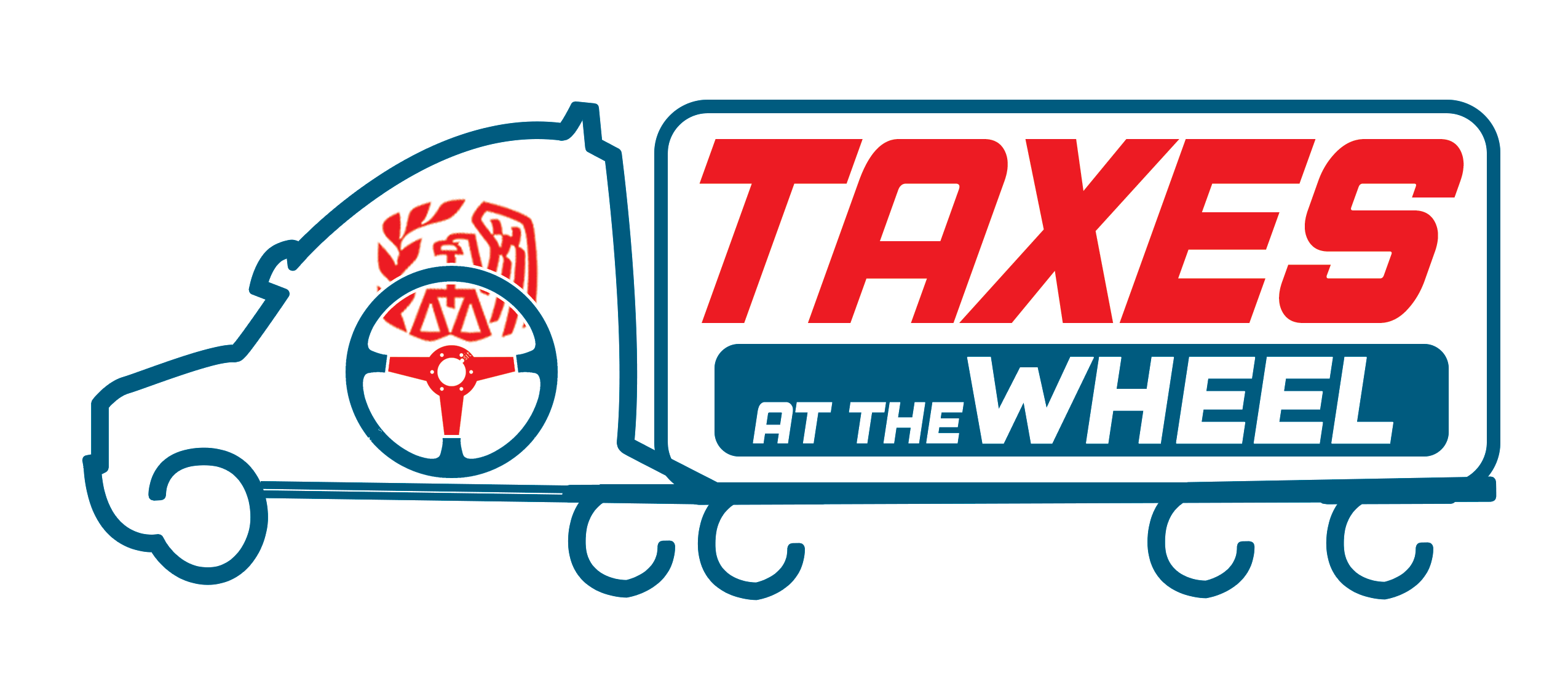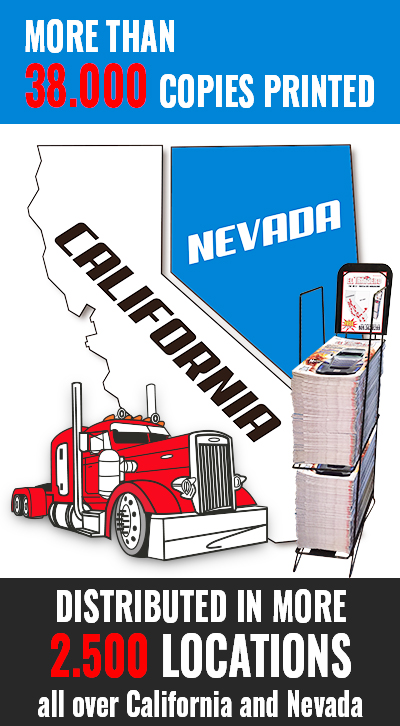 |
|
 |
Get our FREE |


When we receive aggressive threats from the Department of Revenue, we feel intimidated and do not know what to do. We do not understand the terminology of that correspondence and is when we need to seek professional help from those who know the labyrinths of the IRS.
The first thing we must do is understand the meaning of these threatening words that the IRS does not send in its collection letters. You will find its meaning below:
Lien, which according to the dictionary means "the right to preserve or retain possession of the property that belongs to another person until a debt of that person is paid".
Example, "They will be entitled to a lien on any lot sold"
The internal revenue department explains the following about the above:
Liens? The IRS now says it will be more cautious with liens and will only file them if the tax debts are $ 10,000 or more. In a move to mollify credit rating shocks, the IRS will also attempt a lien "withdrawal" in some cases, rather than a simple lien release.
Lien releases stay on your record for years. That is, if you reach a payment agreement, the IRS can withdraw the lien, but it will remain on your record until you pay the debt completely, then the IRS will make a permanent withdrawal of said lien.
A lien, according to Section 6321 of the tax code, is when a tax liability is not paid after notification and the lawsuit applies a lien to all property and property rights. The IRS can seize and sell property subject to a federal tax lien. Therefore, filing a lien is a second action for the IRS, but it does not necessarily mean that they will try to seize and sell any property.
Levy or garnishment - means confiscating property to satisfy a legal claim.
The IRS has great power to seize or confiscate property without reaching a lawsuit. Mainly the IRS uses this power against those taxpayers who do not comply.
The IRS makes a garnishment by sending a garnishment notice to the bank where you have a bank account or to the company you work for, either as an employee or an independent contractor, and thereby confiscate your funds.
The basic difference between Lien and Levy are as follows: Lien is to hold or freeze and Levy is to seize or confiscate. Until next time, have a nice Thanksgiving surrounded by your family.
For years, federal Hours of Service (HOS) regulations have been viewed as a key tool for reducing commercial truck crash...
read more...Although low libido is often associated with age or medical issues, it is increasingly affecting young truck drivers&mda...
read more...The political conflict between U.S. Transportation Secretary Sean Duffy and California Governor Gavin Newsom escalated o...
read more...California’s push for its controversial “clean truck” regulations has just taken a devastating blow. A...
read more...

